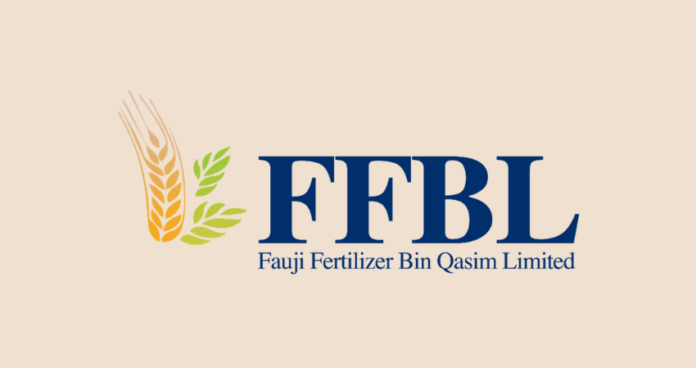The board of directors of Fauji Fertilizer Bin Qasim Limited announced on Thursday a proposed cash dividend of Rs 1 per share for FY2023, marking a 10% return, and no bonus or right issues.
|
Non-consolidated Financials of Fauji Fertilizer Bin Qasim Limited |
|||
| Values in Billion Rupees | 2022 | 2023 | Percentage Changes |
| Revenues | 159.23 | 193.06 | 21.25% |
| Gross Profit | 25.59 | 33.11 | 29.41% |
| Profit before Taxation | 8.51 | 14.15 | 66.31% |
| Net Profit | 2.33 | 4.40 | 89.13% |
Fauji Fertilizer’s sales increased by 21.25% and net profit by 89.13%. A 10% return on shareholders-provided money from fertiliser manufacturing money is low, especially when other industries are generating high returns.
Gas shortages have affected throughout the year, impacting not only its production but also exacerbating challenges for the farmers due to higher prices of Urea.
The company’s Urea plant operated at a mere 52% capacity due to gas curtailment and it faced a shortfall of 42% in gas supply compared to the government allocation.
This shortage, totaling 13,714 MMSCF, significantly hindered operations, leading to a 36% decline in Urea production, down to 336 KT from 524 KT in the previous year.
In addition to gas-related challenges, the company grappled with economic hurdles, including adverse fluctuations in the Pakistani rupee against the US dollar and escalating borrowing rates.
With all these challenges, the company reported a profit of Rs 4.4 billion in 2023, representing an 89% increase compared to 2022. The increase in revenues is achieved by focused management efforts and improvement in supply chain economics.




